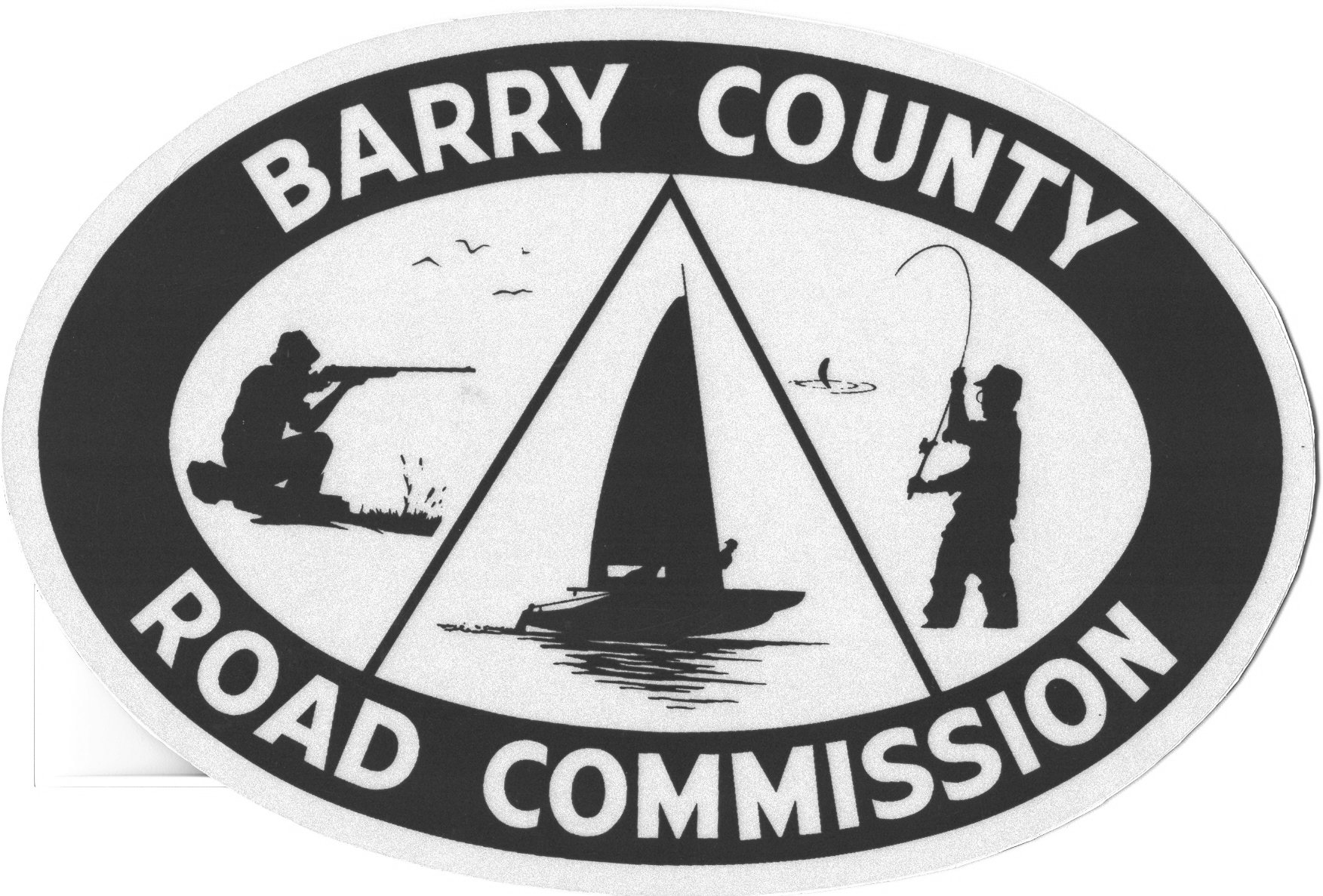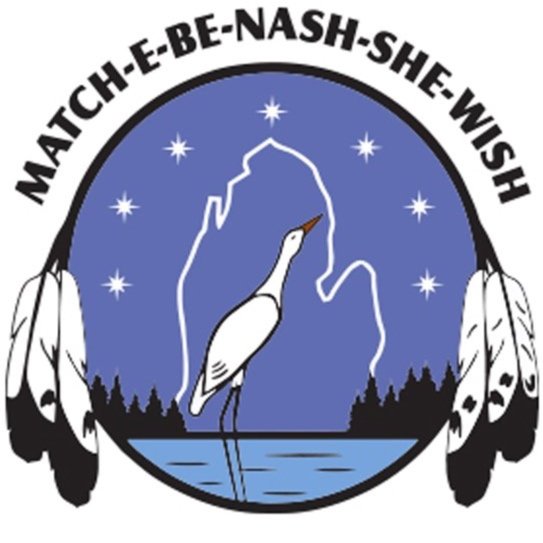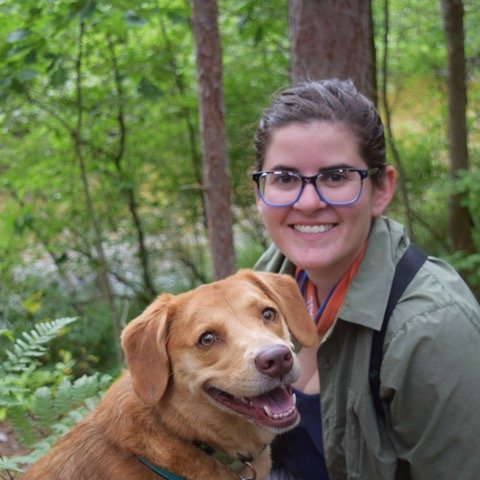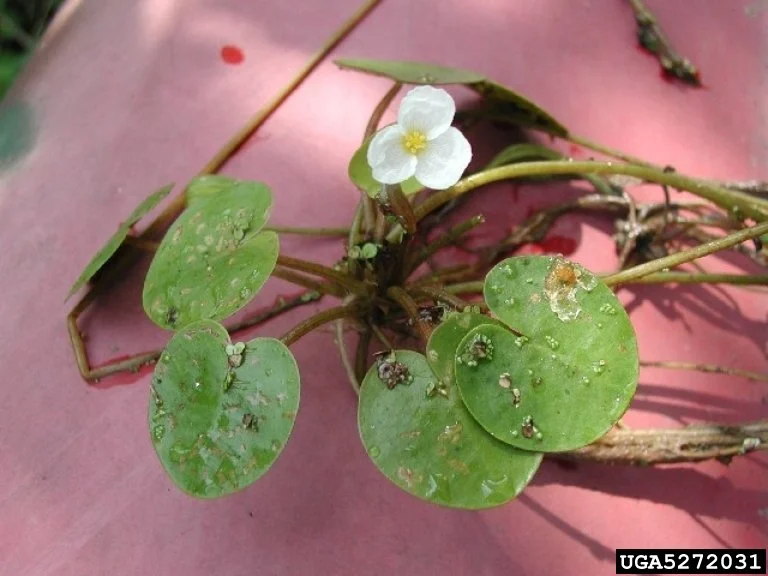
Barry Calhoun Kalamazoo
Cooperative Invasive Species Management Area
Combating Invasive Species Together
Welcome to the BCK CISMA! We're your local team dedicated to protecting Barry, Calhoun, and Kalamazoo Counties from the threat of invasive species.
We are numerous organizational partners, including local municipalities, state and federal departments, non-profits, tribes, and educational institutions.
Through education, monitoring, and control efforts, we're working tirelessly to keep our Southwest Michigan communities safe and our natural spaces thriving.
What are invasive species?
Invasive species are plants, animals, insects, fungi, and microorganisms introduced into a new area where they did not exist. As a result, they harm the local environment, cause economic loss, and even pose risks to human health. Preventing the introduction and spread of invasive species is crucial for protecting native ecosystems and the services they provide.
But we're not alone in this fight.
Who are the partners?
Local municipalities, state and federal departments, non-profits, local tribes, and educational institutions all play a vital role in providing input and contributing to our efforts to prevent and control invasive species. By working hand in hand, we're safeguarding our natural environment and preserving the beauty of Barry, Calhoun, and Kalamazoo Counties for generations to come.
Together, we're making a difference.
What is the Invasive Species Strike Team?
As part of BCK CISMA, Barry Conservation District (BCD) is fiduciary and is crucial in managing the administrative and operational aspects. Additionally, Barry Conservation District holds the necessary licenses, permits, and insurance for invasive species treatment.
BCD’s team includes individuals dedicated to invasive species management.
The CISMA Coordinator leads, manages, and oversees all CISMA activities, including strategic planning, organizational coordination, and fieldwork execution. This ensures effective implementation of invasive species management initiatives across Barry, Calhoun, and Kalamazoo Counties.
A Program Specialist provides targeted leadership and expertise to guide initiatives such as mile-a-minute weed.
During the active season from April to October, BCD hires technicians vital in completing treatments and supporting monitoring efforts across the tri-county region.
Sara Huetteman
BCK CISMA Coordinator
April Savickas
Program Specialist
What does invasive species management involve?
Are you involved in education or controlling invasive species, or interested in adding invasive species efforts to your organization's goals? You'd be a great partner!
As a partner, you'll receive program updates, information on new invasive species detection and control methods, and collaborative opportunities with other organizations. Plus, you'll have the chance to speak about how invasive species affect your organization or community and the challenges you face.
Steering Committee
A group of individuals representing each county in the service area with a vested interest in managing invasive species. Our committee members offer a variety of skills and experience in managing land and people and engaging the community. They guide the BCK CISMA and Coordinator, act as a regional resource, eyes, and ears for the needs of the local ecosystem, and aid in making connections amongst the tri-county region.
We are looking for committee members - One in Calhoun County. If you reside or work in either of these counties and want to participate, please reach out to Sara (at 269-908-4136 or sara.huetteman@macd.org)
Minimum participation is to join committee meetings, which only occur 3-4 times a year. Additional involvement could include acting on a sub-committee or participating in projects or stakeholder meetings.
How can you become a partner?
• Creating Awareness
We're available to speak in classrooms and public meetings and train your seasonal staff on how to identify, report, and prevent the spread of invasive species. In season, you can find us at boat launches, trailheads, and other public spaces. Follow our Facebook (@bckcisma) and Instagram pages (@bck_cisma) for real-time updates about invasive species in the tri-county region.
• Reports and Consultations
We accept reports of invasive species and work to confirm the identification and extent of the problem, especially those new to the area or can cause great damage. Anyone can report a species detection on MISIN.msu.edu - or email BCKCISMA@gmail.com with pictures and a location.
We provide free consultations to assess your land for invasive species and provide recommended actions.
• Controlling Invasive Species
We provide services to private and public landowners for high-priority plant species determined by a committee. While grants may cover some services, a small treatment fee may be required to support our work. Treatment involves applying herbicide to the targeted plants. All applicators are trained and licensed.
We try to keep prices low as an incentive to control the species we are concerned about.
Check out Treatment Solutions for updated prices.
Current Projects
